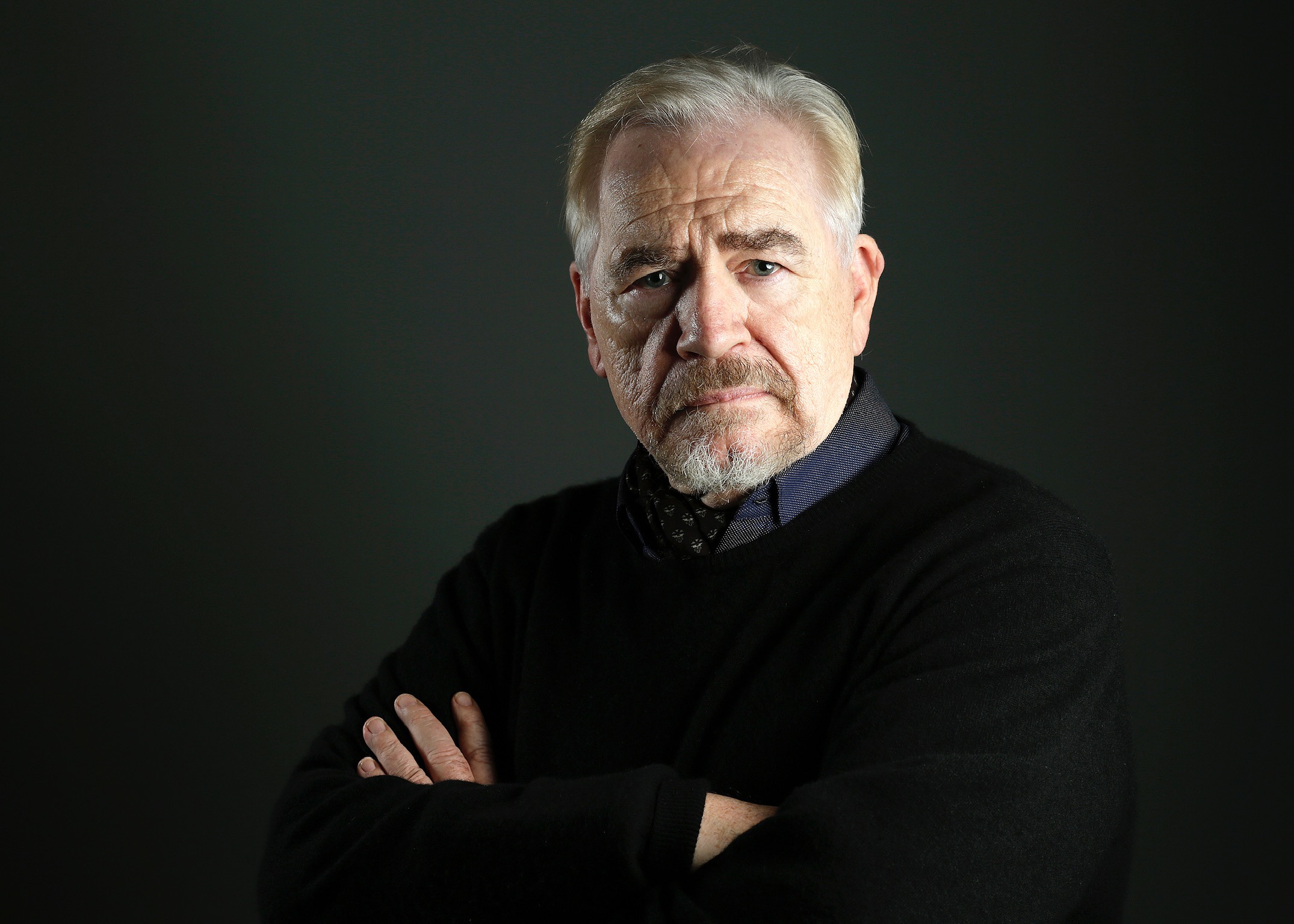PRESS RELEASE
For immediate release
René Cassin, the Jewish voice for Human Rights, has written to the six Conservative Party leadership candidates to express alarm at the negative way in which the European Convention on Human Rights is being portrayed.
René Cassin reminds them that the Convention was envisaged by Winston Churchill and drafted by David Maxwell-Fyfe, a British lawyer who later became a Conservative Home Secretary.
Withdrawal could see the unravelling of the United Kingdom, as the Convention is embedded in the devolution agreements, and would place Britain in the company of Russia and Belarus as the only other European countries outside the Convention.
Mia Hasenson-Gross, Executive Director of René Cassin, said,
“Withdrawal from the European Convention would threaten outcomes that no Conservative should welcome.
The Convention formed part of the foundations on which a stable and peaceful Europe was rebuilt from the rubble of a war-torn continent.
The stability and safety provided by human rights benefit everyone. But they are particularly important to minorities, who have most to fear from the excesses of populist rhetoric and what the Conservative Lord Hailsham famously termed ‘elective dictatorship’.”
[ends]
Text of letter from René Cassin to Conservative leadership candidates:
Dear [Conservative Party leadership candidate]
I am writing to you on behalf of René Cassin, a UK-based organisation that works to promote and protect universal rights, drawing on Jewish values and history.
Now that nominations for the Conservative leadership have closed, we are writing to all Conservative MPs as the topic of the European Convention on Human Rights has become a point of alarm.
The Convention is not only vital to the UK’s integrity as a sovereign state, but also a proud part of the Conservative legacy. Envisioned by Winston Churchill, the Convention was drafted by the British lawyer and later Conservative Home Secretary David Maxwell-Fyfe.
These Conservative politicians responded to the horrors of the Holocaust and war-torn Europe. It is also part of the Jewish legacy, as several Jewish lawyers who survived the Holocaust worked on the Convention too. We see this as a demonstration of the strong and historic link of British and Jewish people working together to uphold human rights.
A withdrawal could see the unravelling of the UK since the Convention is embedded in current devolution arrangements and in the Good Friday Agreement. This stands in direct contradiction to the crux of what the Conservative and Unionist Party stands for.
The Convention is a demonstration of the UK’s positive contribution to an international rules-based order. Any withdrawal would see the UK placed alongside Belarus and Russia in a club of rogue states. Currently, the UK can be proud that it has one of the best human rights records in Europe. To leave the Convention and join Belarus and Russia would be a rejection of Britian’s esteemed place in world politics.
Not only is the European Convention on Human Rights a vital instrument for ensuring the sovereignty of the United Kingdom and for protecting the rights of all its citizens, it is a proud achievement of the Conservative Party.
Yours sincerely
Notes for editors:
- “In the centre of our movement stands the idea of a Charter of Human Rights, guarded by freedom and sustained by law“ – Winston Churchill at the Congress of Europe in The Hague (7 May 1948) – p3 para1 – https://www.cvce.eu/content/publication/1999/1/1/58118da1-af22-48c0-bc88-93cda974f42c/publishable_en.pdf#:~:text=Caption: On 7 May 1948, at the opening,Union represents for the future of European unification.
- “David Maxwell Fyfe – The British Conservative Behind The European Convention On Human Rights” https://eachother.org.uk/david-maxwell-fyfe/
- For Lord Hailsham and ‘elective dictatorship’ see – https://en.wikipedia.org/wiki/Elective_dictatorship





